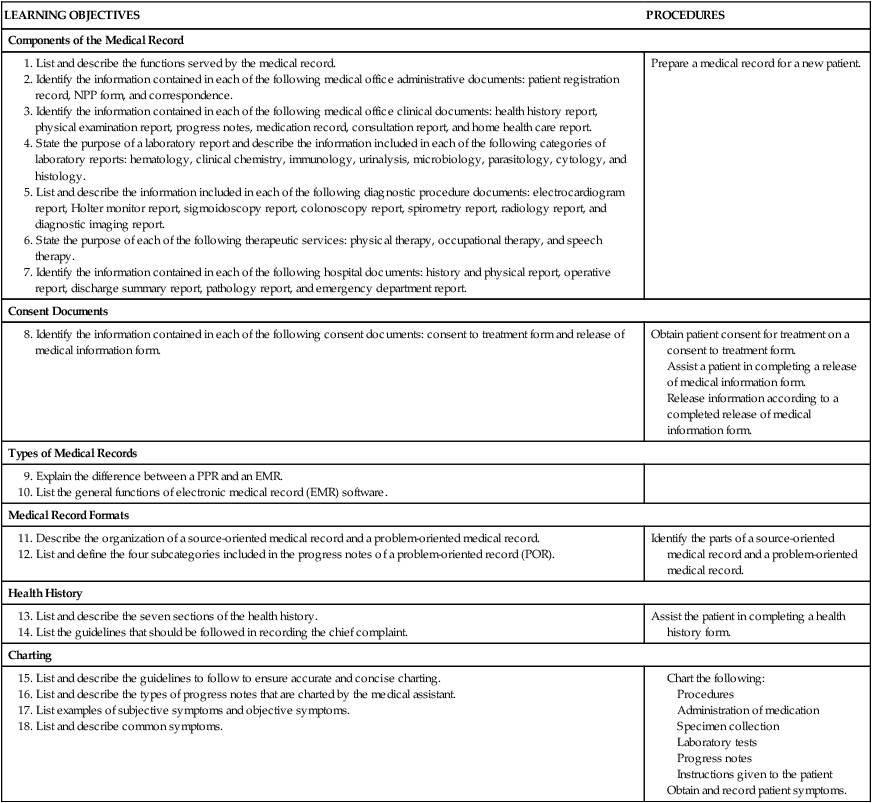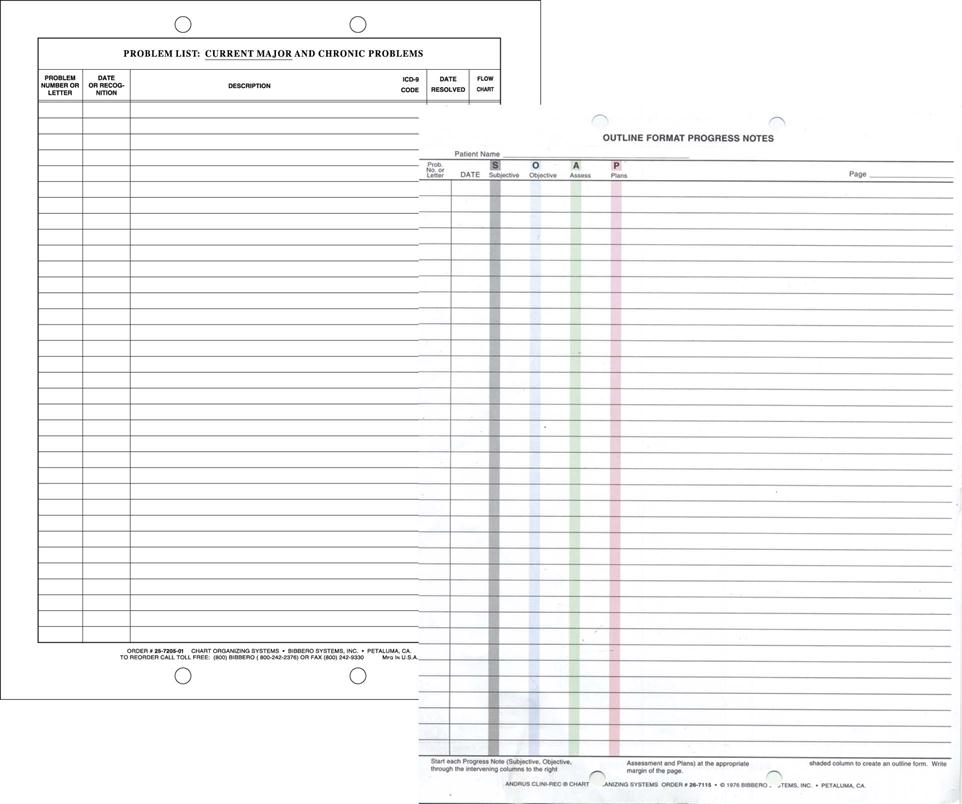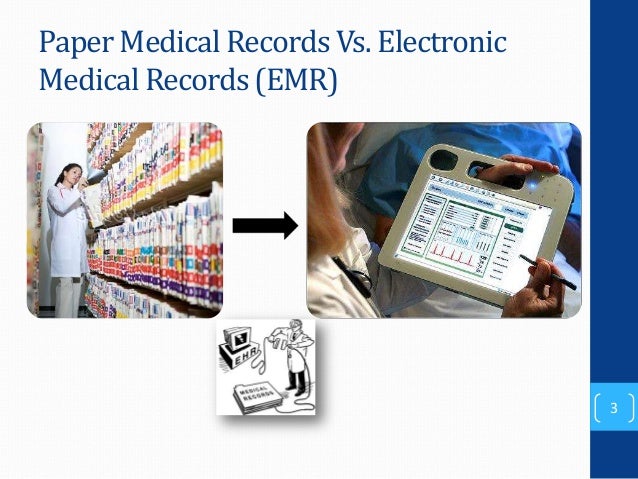Retention of medical records page 2 of 3 3. a practitioner should verify the retention time required by their medical malpractice insurer. 4. a practitioner should inform patients how long the practitioner will retain medical records. b. storage of records 1. medical records, whether in electronic or paper format, should be stored to allow for. In the united states, you have the legal right to obtain any past medical records from any hospital or physician. retrieving old records, even those stored on microfilm, can be a simple process, depending on the hospital's policy for storin. Request patient medical records, refer a patient, or find a ctca physician. call us 24/7 to request your patient's medical records from one of our hospitals, please call or fax one of the numbers below to start the process. to refer a patie.
All hospital medical records release requests for adults and children are processed at oklahoma children's hospital at the medical records office in suite 1j. mailing address: 1200 everett dr. suite 1j, oklahoma city, ok 73104 attn: release of information fax: (405) 271-3072 problems with paper medical records phone: (405) 271-6892. Confidential patient medical records are protected by our privacy guidelines. patients or representatives with power of attorney can authorize release of these documents. we continue to monitor covid-19 cases in our area and providers will.

Patient Access To Medical Records
The biggest con with paper records is simply that you have to physically store them for so long! most of us keep records for seven years (or longer, if you see children/teens) and it's really difficult to tell whether or not you plan to move at all in the next seven years. this can also make things difficult to track after multiple moves. Ucsf health medical specialists have reviewed this information. it is for educational purposes only and is not intended to replace the advice of your doctor or other health care provider. we encourage you to discuss any questions or concerns you may have with your provider. The law allows licensed health care institutions to create, maintain or use medical records or medical record systems in electronic format, paper, or both if the system can store medical records and patient health care information in a reproducible and secure manner. (pa 05-168; cgs § 19a-25c). There is no fee for medical record requests sent directly to a physician or healthcare facility for continuing care purposes. there are fees associated with obtaining paper or electronic copies of your medical records. allowable fees are governed by state and federal laws; call the hospital’s him department for more information.


Get the latest in-depth ratings, reviews, and buying advice on money products, problems with paper medical records shopping, and personal finance from consumer reports. Request patient medical records, refer a patient, or find a ctca physician. to request your patient's medical records from one of our hospitals, please call or fax one of the numbers below to start the process. to refer a patient to ctca, p. Medical records were documented: 1. rarely, patients would be seen in two or more clinics in the same day and the record was not forwarded to the second clinic. 2. physicians would, on occasion, keep medical records in their office or remove records from the file. 3. most missing records were the result of problems within the record room. Struggling with your own files or those of a loved one you care for? due to interest in the covid-19 vaccines, we are experiencing an extremely high call volume. please understand that our phone lines must be clear for urgent medical care n.
Mar 29, 2015 · during implementation, should the practice create paper duplicates of clinical records? no. creating two repositories for medical information will only create more work. it will also lead to confusion because of the lack of version control, as some information may be available on paper that may not be available in the ehr or vice versa. Naturally, with more limited access to patient files comes a reduction in productivity. oftentimes, departments that could act in unison such as administration and billing are forced to “take turns”. what we also see in environments that use paper client files with electronic medical records is an increase in workload. matching patient information with electronic health records or patient management systems becomes more cumbersome, requiring document scanning (often on scanners. Ou health is the combined effort of the university of oklahoma health sciences center and ou medicine, inc. hospitals. across centers, clinics, hospitals and outpatient facilities, ou health provides research-driven, patient-centered care. Disadvantages of paper medical records 1. storage isn’t scalable. unlike electronic medical records stored on cloud servers, paper medical records need 2. lack of backups & limited security. what do you do if there’s a fire that wipes out all your physical files? or a 3. time consuming & error.
Jul 24, 2016 · electronic medical records today and the future. today, medical records are increasingly paperless, although some private practices continue to use a combination of paper-based and computerized records. patient records are more accessible than ever before with data technology becoming increasingly portable and comprehensive. Your private medical record is not as private as you may think. here are the people and organizations that can access it and how they use your data. in the united states, most people believe that health insurance portability and accountabil. The records should be examined first to ensure that they are suitable for disposal and an authority to dispose should be signed by a designated member of staff. the records must be stored or destroyed in a safe, secure manner. if records are to be destroyed, paper records should be shredded or incinerated. Customer service: change of address (except japan): 14700 citicorp drive, bldg. 3, hagerstown, md 21742; phone 800-638-3030; fax 301-223-2400.

The Problem With Paper Medical Records

Full medical records: 7 years after last data entry. basic information (i. e. patient’s name, birth date, diagnoses, drugs prescribed, x-ray interpretations): 25 years after the last record entry. minor patients full medical records: 7 years after the patient reaches the age of majority (i. e. until patient turns 25). basic information: 25 years after the. Defining the medical record • consider problem issues— records received from other providers, including those not relied on to provide care. personal health records (i. e. created or provided by patient) working notes, draft records, or other incomplete records. emails, text messages, web messaging, or other e-communications.
Seattle children's hospital. oct 9, 2019 uncategorized. looking for seattle children's hospital in seattle, wa? we help you request your medical records, get driving directions, find contact numbers, and read independent reviews. Each time you hop up on a doctor's exam table, somebody makes a note in your medical records. there may problems with paper medical records come a time when you need your medical information, so find out how to get it and how it's protected. each time you climb up on a doctor. Request medical records; 1200 children's ave oklahoma city, ok 73104 map + directions. for hospital information: ou health physicians, staff and researchers. Medical records for oklahoma city-metro hospital patients. this includes oklahoma children’s hospital (the children’s hospital), university of oklahoma medical center (ou medical center) and ou health edmond medical center (ou medical center edmond). please visit this page for information on obtaining your hospital records.
Children's health services. with more than 335 doctors and advanced practice providers at oklahoma children's hospital at ou health committed problems with paper medical records to the care of children, you and your loved ones benefit from many pediatric-specific services available nowhere else in oklahoma, including some first-in-the-world, pioneering procedures and innovations in patient care. Paper medical charts aren’t compliant with macra or meaningful use. if you’re a provider who needs the ability to accept medicare patients, you simply cannot do that with paper charts. ehrs are required to function in today’s interoperable healthcare market. beyond that, ehrs are so much more secure than paper charts.